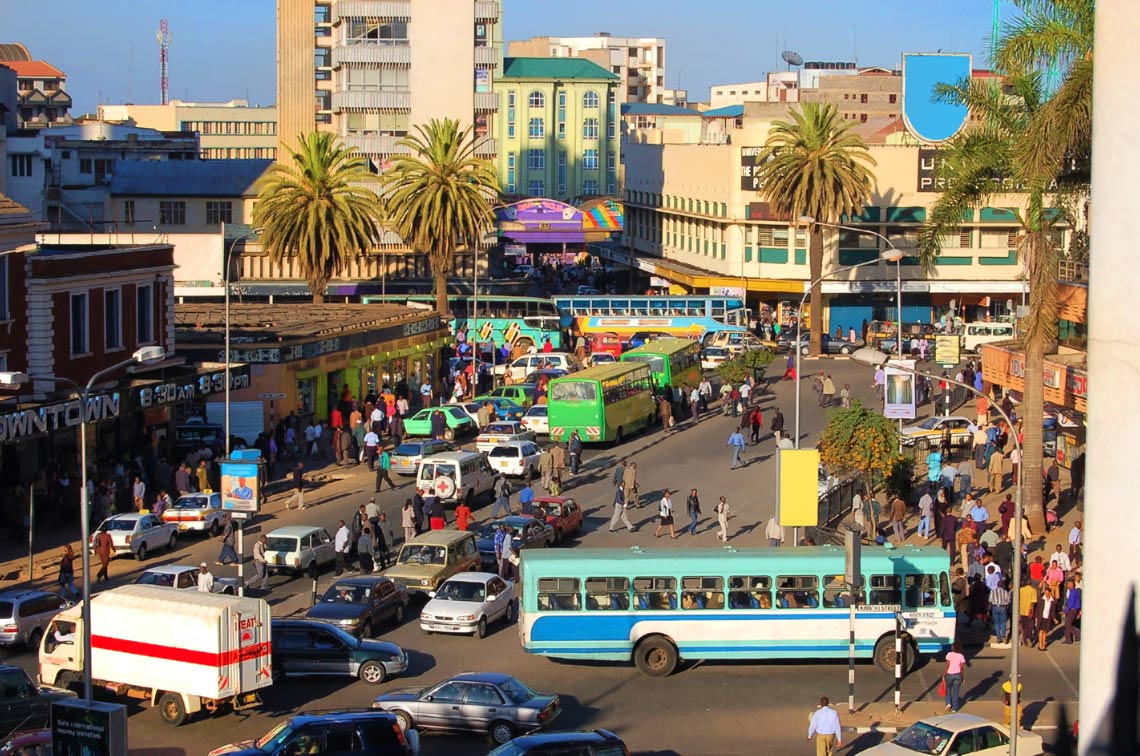Market Research in Kenya

De Republic of Kenya is an East African country located to the north of Tanzania. It is east of Uganda and southeast of South Sudan. Ethiopia is to the north and Somalia to the northeast. The Indian Ocean is to the southeast.
Key Industries in Kenya
The Kenyan economy is agriculture-based. Agriculture accounts for a little over one-third of the GDP. The traditional exports are tea and coffee. Kenya also has a budding horticultural industry.
The agricultural sector consists of crop production, horticulture, livestock, forestry, and fisheries. Production of crops and horticulture add the most to the agricultural GDP. This sector provides a backbone for the Kenyan economy. It also offers a means of making a living for the population.
The industrial sector is also a huge contributor to the GDP. The country has a well-developed industrial sector, and it is the market leader in East Africa. This sector accounts for one-tenth of the GDP, and manufacturing is thriving.
The construction and real estate sectors are also growing. This growth is due in part to government investment in the public infrastructure. Kenyans are also putting money into real estate.
Due to the COVID-19 pandemic, experts expect Kenya’s growth to decline. The country has reduced trading. Also, the coronavirus has disrupted supply chains and domestic production. Despite this, the government remains hopeful. It is continuing to promote education, trade, and investment. They hope the economy can continue the upward trend seen before the pandemic.
Neighborhoods in Kenya
Kenya is has a vast amount of flora and fauna, which are part of the country’s natural beauty.
The main cities in Kenya are Nairobi, Mombasa, and Kisumu. Nairobi, the capital, is the largest. This city gives the nod to its colonial past by using many English place names. In Nairobi, the wealthier residents usually live in the west and north-central regions. The European settlers resided in these regions during colonial times. In contrast, the lower-middle and upper-middle-income neighborhoods are in the north-central areas of the city.
Mombasa, the second-largest city, is on the southeast coast of Kenya. It is tourism-based and has an international airport. It is also home to the third-largest port in Africa.
Kisumu, the third-largest city, is beautiful. The city is breathing new life into its downtown and lower town areas with an urban rejuvenation project. It is updating the look of the lakefront and easing the crowding of main streets, making them easier for pedestrians to navigate.
Trends
Over the past decade, Kenya has seen much economic growth. This growth is owing to the political and economic reforms which it achieved. Unfortunately, the ongoing pandemic has affected this growth.
The main development challenges include poverty and climate change. Kenya also has an unequal society, and private sector investments are low.
For now, Kenya’s economic outlook is bleak. Economists expect the country to make a slow recovery. The pandemic has wreaked havoc on Kenya’s exports and tourism. It has also hurt other domestic economic activities. Yet, Kenya has a long-term development plan that makes manufacturing a priority. The plan also includes universal healthcare, affordable housing, and food security.
Voordelen en sterke punten in de markt
The agricultural sector is the pride and joy of the Kenyan market. Kenya is the third-largest tea producer in the world. The services sector is also expanding. Its economy is crucial to the East-African community. It is Africa’s number-one common market and the seventh-largest African economy.
Consumer Base in Kenya
A small number of consumers in Kenya have benefitted from the rapid expansion of the economy. But a much larger number has seen little to no benefit. Thus, they suffer the effects of inflation. Poverty and malnutrition remain significant issues for many Kenyans.
Reasons to Grow Your Business in the Kenyan Market
Kenyan markets offer many cheap opportunities for investors. Kenya has lower operating costs than other emerging markets, and investors thus have a competitive edge on rent and labor costs.
Also, Kenya occupies a prime geographical location. It has access to the main shipping routes coming from both Europe and Asia. And, the Kenyan market is not very developed. Thus, new businesses will experience a lack of competition during startup. This situation increases the possibility of rapid growth within a short period. New companies can expect to get government support. The government is encouraging growth within various sectors.
About Market Research in Kenya
It’s essential to do Kwantitatief, Kwalitatief, En Strategisch onderzoek. Businesses should carry out these checks before entering any market. Doing market research on Kenya is particularly crucial. It helps new companies to determine the best market entry strategy.
Market research can involve visiting the market. Such visits help with the engagement of potential local partners. They aid in building relationships and finding market opportunities. Market Research can also involve Focus Groups, Interviews, and Surveys.


